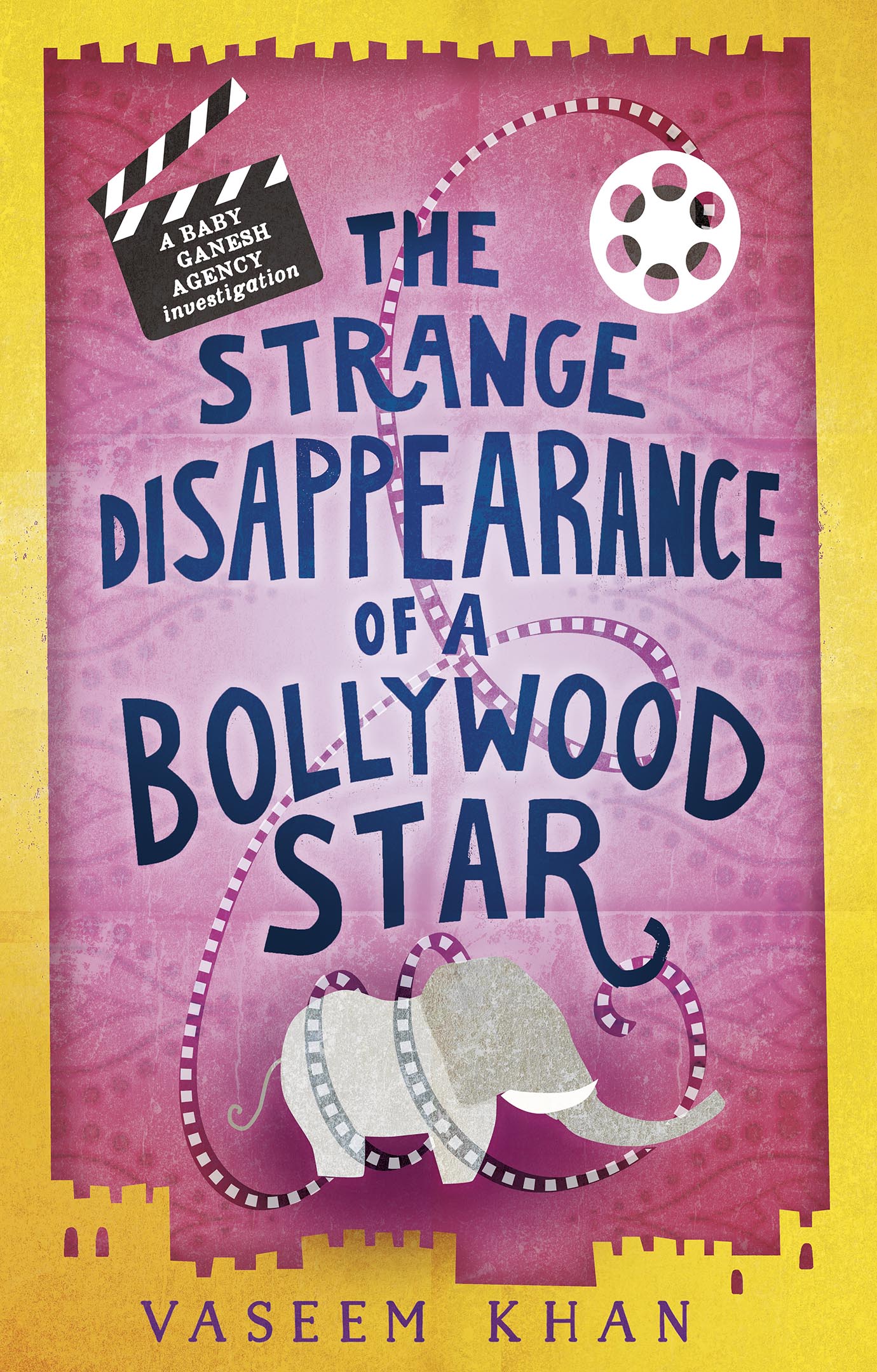A successful writing career is predicated on being able to produce not one, but book after book that publishers wish to publish and readers wish to read. This explains, perhaps, why series authors – whether of crime, fantasy, romance, or teen fiction – are so beloved of the industry.

In 2014 I received a 4-book deal from Hodder for my Baby Ganesh Detective Agency series. (The first in the series – The Unexpected Inheritance of Inspector Chopra – about an Indian police officer forced into early retirement and unable to relinquish the final case of his career, whilst simultaneously confronting the surreal dilemma of taking in a baby elephant – was a Times bestseller, and a Waterstones paperback of the year.) Having waited 23 years to be published, the offer was wholly unexpected.
Now, as I apply the finishing touches to the latest book in the series, I can reflect on the challenges of meeting that commitment, and propose a few golden rules for writing a series that sells.
Rule 1- Identify your identity and stick to it
The first book in a series not only establishes the characters, location, and basic premise, but also a particular tone, a voice, a narrative feel. For instance, my own books are sometimes labelled cosy crime (often compared to Alexander McCall Smith’s No.1 Ladies Detective Agency series), and although there is ample charm and humour in them I have deliberately included some of the grittier aspects of Indian society to flesh out the background. This has created a unique identity for the series, one that I meticulously strive to maintain.

Rule 2 – Characters must stay in character
Every series author understands that they must ‘grow’ their characters, but the worst thing you can do is betray your readers’ inner image of those characters. Thus, your characters cannot suddenly do something in Book 3 which you have clearly established is not part of their make-up in Book 1. Inspector Chopra is an uncompromising man. It is what makes him stand out in the corruption-riddled Indian police service. He would not commit an underhanded act, no matter how righteous the cause, no matter how intriguing it might be for the plot.
Rule 3 – Don’t let complacency dull your plotting
There is little worse than a writer relying so heavily on the strength of readers’ affinity with their characters that plotting becomes a secondary consideration. Crime novels, in particular, live and die by the ability of the plot to intrigue the reader. Some of the biggest selling detective series in the world (such as my own favourite, Michael Connelly’s Harry Bosch novels) are successful because of the sustained excellence of the plotting, not just the likeability of the lead character.
Rule 4 – Don’t forget to climax every time
No. This isn't a tip for your personal lives, but rather the necessity of ensuring that each entry in the series has its own satisfying conclusion. This applies even to those series where the narrative arc is continuous. My books can be read as stand-alone mysteries, but in the Game of Thrones series or the Harry Potter books, there is an overarching story that moves on, sequentially, from one episode to another. Yet each book has its own internal structure, building to a crescendo at each finale.
Rule 5 – Create a world readers wish to revisit
The strength of a series lies in giving readers more of what they want. Yet, at the same time, you must seed each new book with an element of surprise – new sub-characters, and sub-plots, fresh locations. Think first date versus a few years in. How do you keep that magic alive?
So, have I been practising what I am preaching?
The third book in my series, The Strange Disappearance of Bollywood Star, now out, is about the kidnapping of an Indian movie star. In this book I strive to take readers on a journey into the world’s most flamboyant movie industry, revealing its myriad absurdities and darker corners. The book keeps regular readers happy by reacquainting us with Chopra, and his elephant sidekick Ganesha, but I also give more ‘screen time’ to a sub-character, Chopra’s associate private detective at the agency, Rangwalla, and look into new aspects of Indian society, namely Bollywood and the eunuch community.
The formula appears to have worked. The Sunday Express says of the book: ‘There have been many insipid imitators of the Alexander McCall Smith formula … but Khan has the quirkiness and hint of grit to make his portrayal of modern Mumbai memorable.’
I’ll humbly accept the praise, with the caveat that I still consider myself a novice. The real test for me is if I can keep the series as fresh in its tenth, fifteenth or twentieth entry. The holy grail of series writing, after all, is to bring along old fans and create new ones with each book.
I wish you all the best in that endeavour!
Vaseem Khan first saw an elephant lumbering down the road in 1997 when he arrived in Mumbai, India to work as a management consultant. This surreal sight later inspired his Baby Ganesh Agency series of light-hearted crime novels. Born in London, he studied at the London School of Economics, then spent a decade on the subcontinent before joining University College London’s Department of Security and Crime Science. His passions include cricket, literature and elephants! Find out more about Vaseem on his website, Twitter or Facebook.
Comments